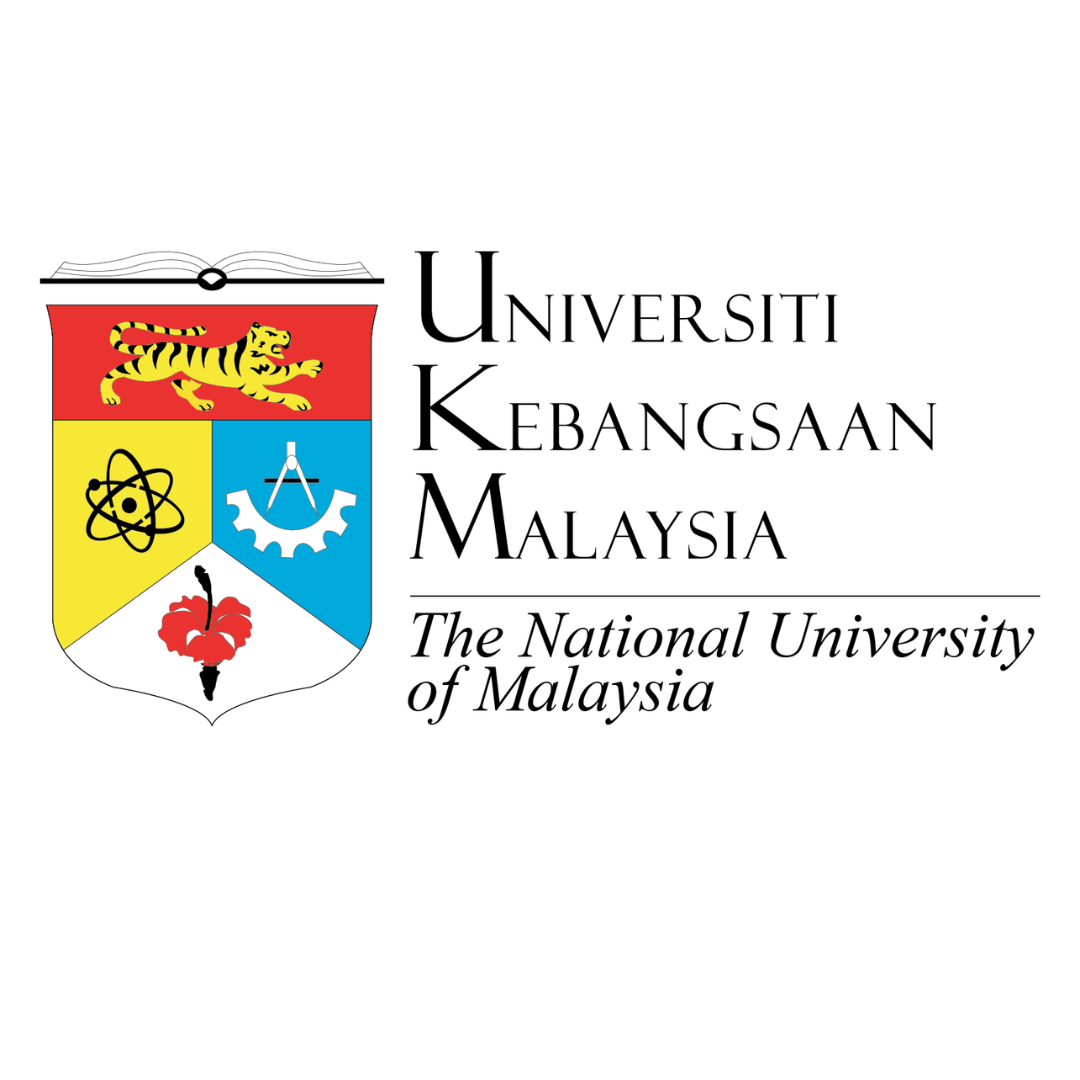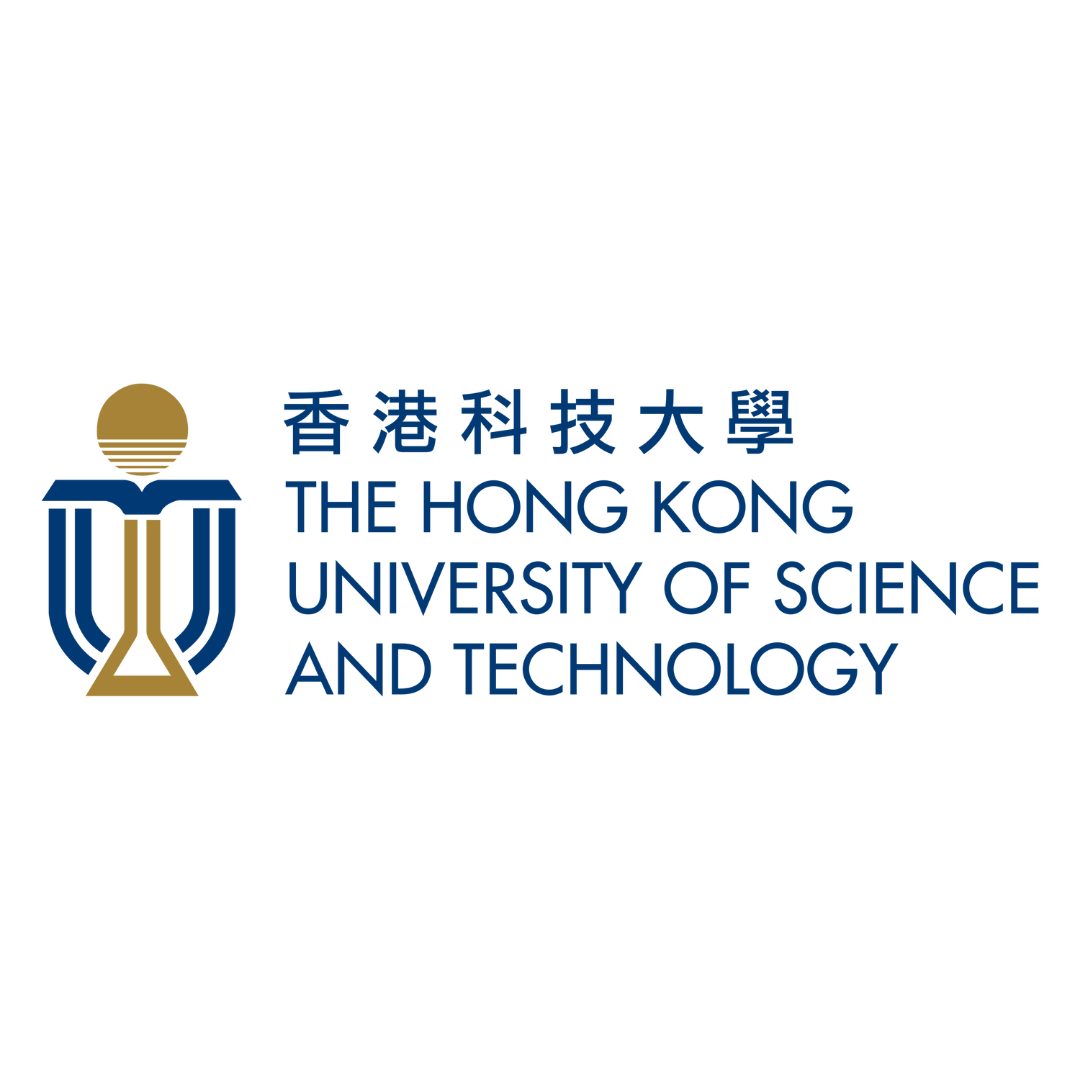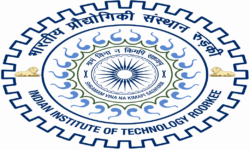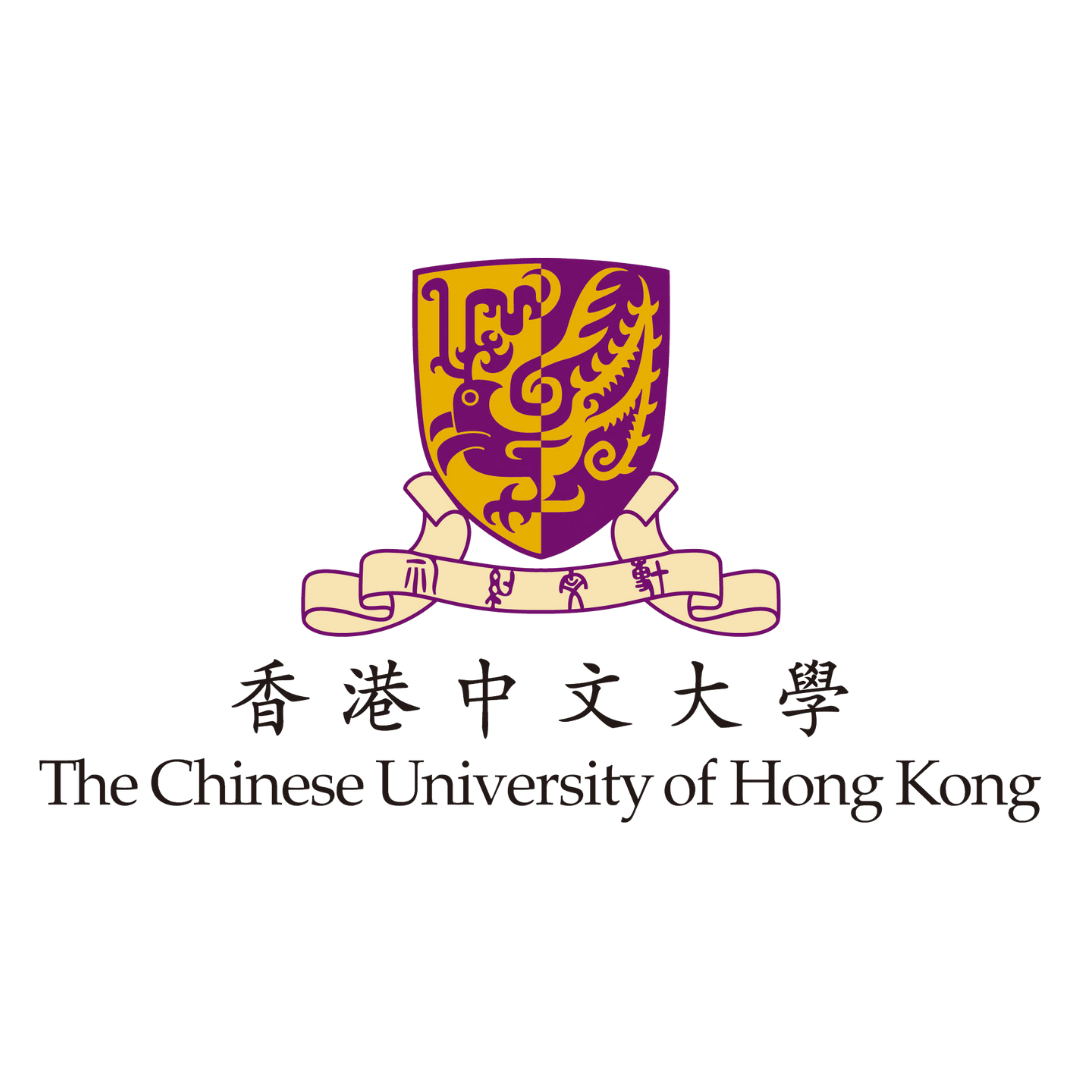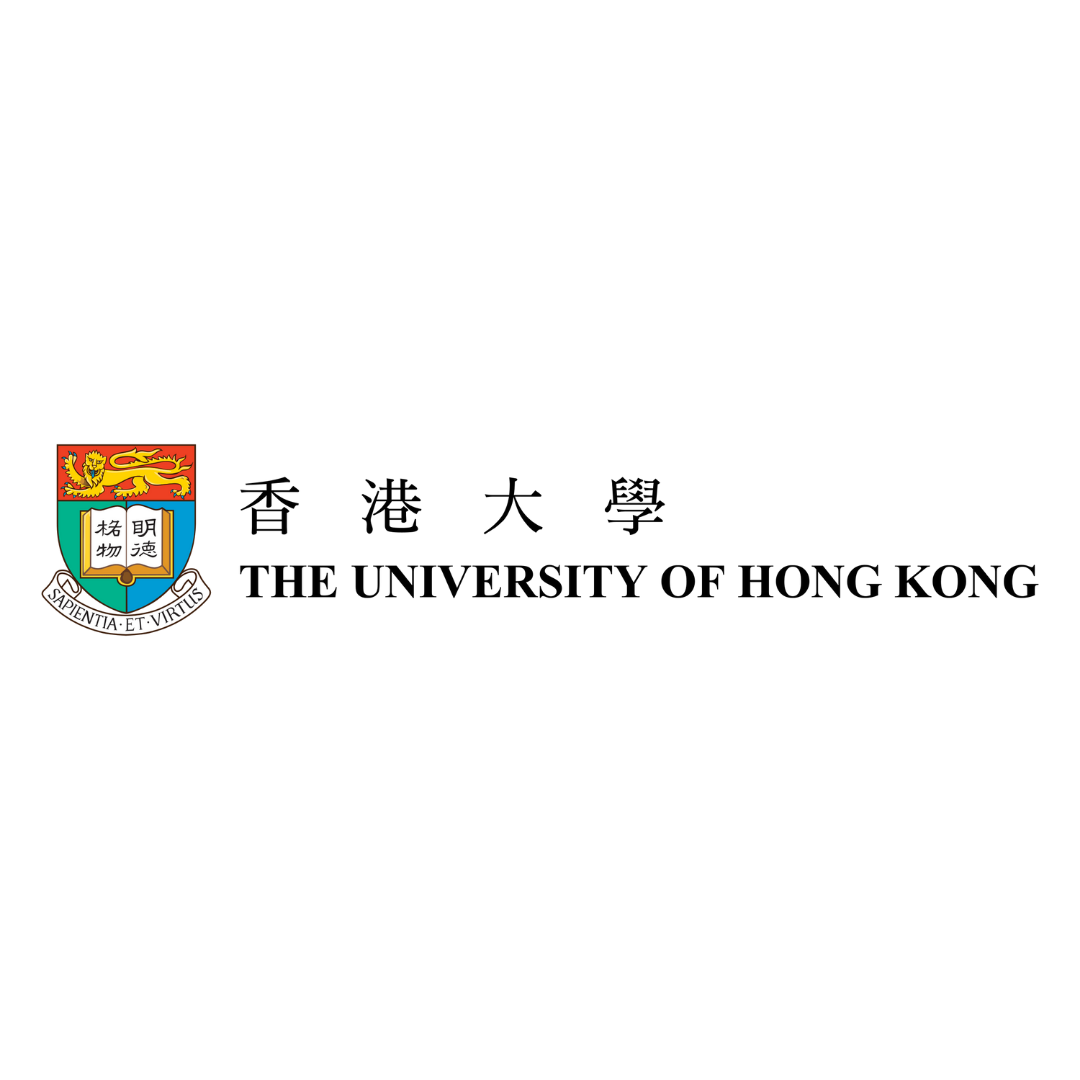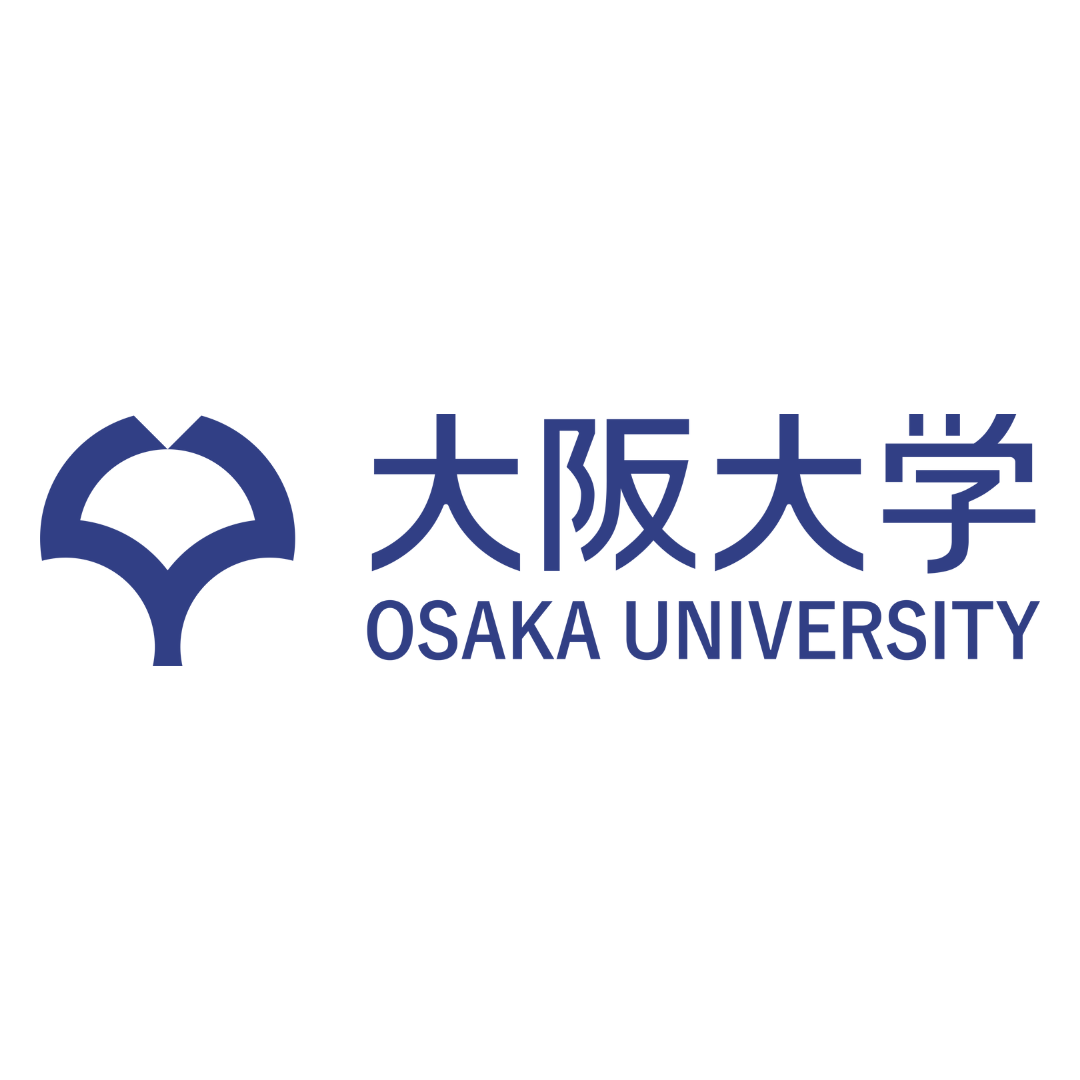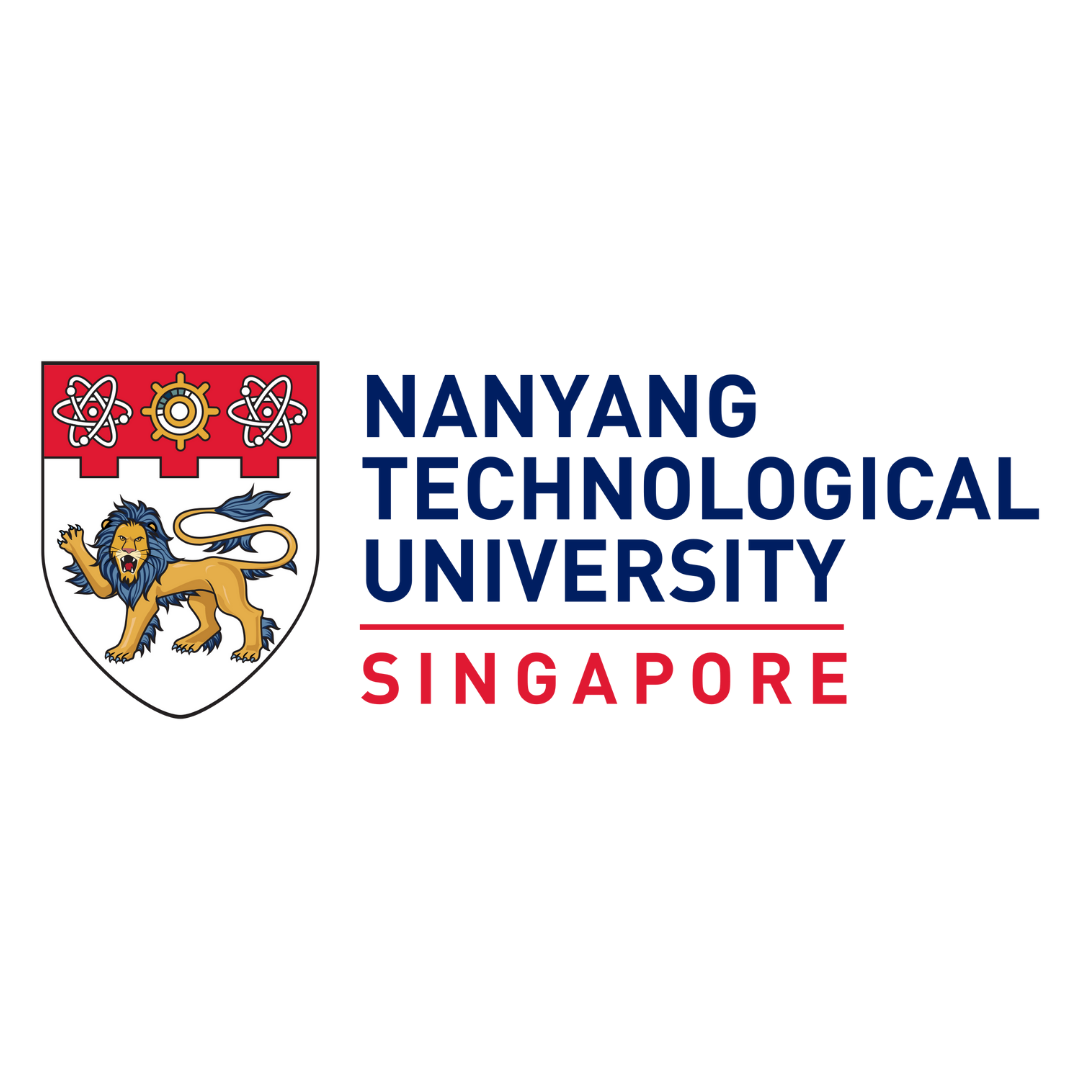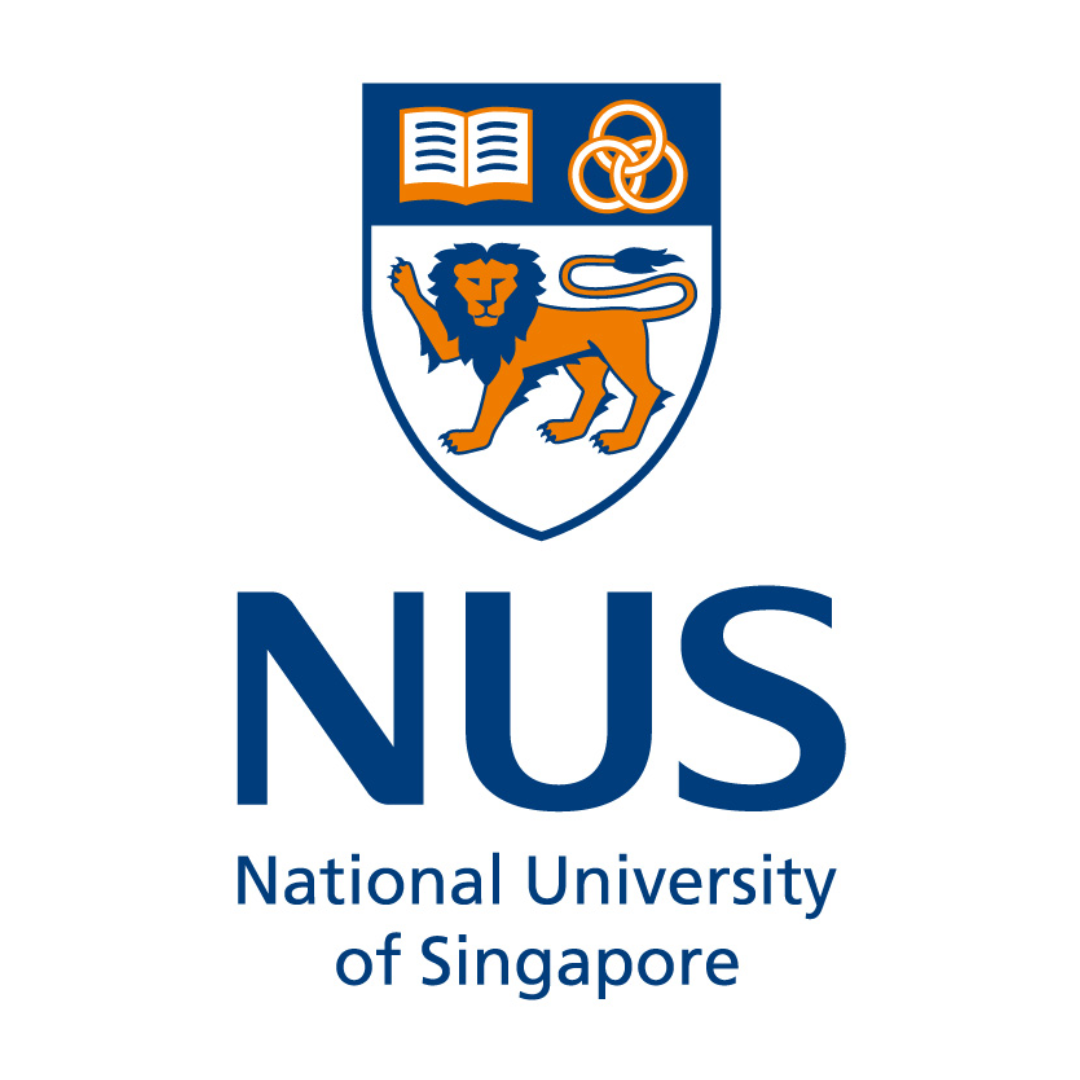Universiti Kebangsaan Malaysia
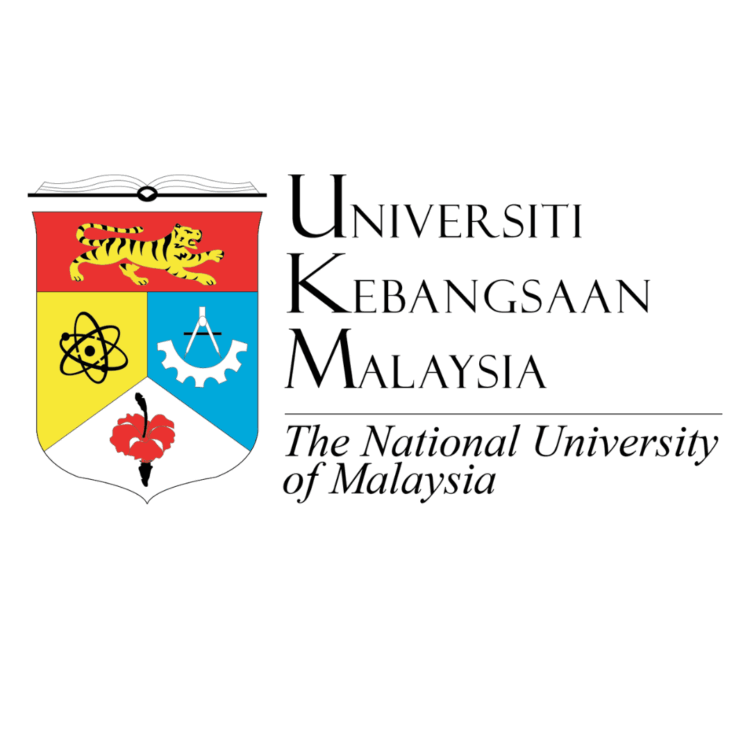 Universiti Kebangsaan Malaysia (UKM), the national university of Malaysia was established as a public university on 18 May 1970. UKM is now a comprehensive university offering various undergraduate and postgraduate programs through 14 faculties and 13 institutes. Currently, UKM is the only university in Malaysia with 2 teaching hospitals located at Cheras, Kuala Lumpur. UKM was recognized as a Research University (RU) since October 2006. We embrace a national identity, utilizing Malay language as the medium of instruction and address national agendas. Starting January 2021, we have implemented a new framework termed “T.E.R.A.S” (Trust, Ethics, Revitalise, Agile and Soul) to strengthen our institution. This initiative aims to invigorate and drive UKM to the next level of excellence.
Universiti Kebangsaan Malaysia (UKM), the national university of Malaysia was established as a public university on 18 May 1970. UKM is now a comprehensive university offering various undergraduate and postgraduate programs through 14 faculties and 13 institutes. Currently, UKM is the only university in Malaysia with 2 teaching hospitals located at Cheras, Kuala Lumpur. UKM was recognized as a Research University (RU) since October 2006. We embrace a national identity, utilizing Malay language as the medium of instruction and address national agendas. Starting January 2021, we have implemented a new framework termed “T.E.R.A.S” (Trust, Ethics, Revitalise, Agile and Soul) to strengthen our institution. This initiative aims to invigorate and drive UKM to the next level of excellence.
Sustainability management at UKM was initiated in 2007 when the Development Unit of UKM prepared the Physical Campus Development Master Plan 2007-2020. This strategic plan was aimed to monitor the development plan to be sustainable in terms of infrastructure development, space requirements, environmental conservation, energy and solid waste management, landscape, campus facilities and cultivation of sustainable life. Beginning of 2021, UKM took the next step by embarking on the formulation of the UKM 2030 Strategic Plan for Sustainability. Centred around the theme of ‘Cultivating Sustainability for the Future,’ this strategic roadmap encompasses the period from 2021 to 2030 and revolves around five (5) key pillars: governance and management, teaching and learning, research and innovation, sustainable and wellness campus.
Website: https://www.ukm.my/kelestarian/
Social Media
Facebook: https://www.facebook.com/PusatStrategiUKM/
Instagram: https://www.instagram.com/pusatstrategiukm/
YouTube: https://www.youtube.com/@PusatStrategiUKM
TikTok: https://www.tiktok.com/@pusatstrategiukm
If you would like to contact the university, please email us at [email protected] and we will be happy to connect you.
The Hong Kong University of Science and Technology
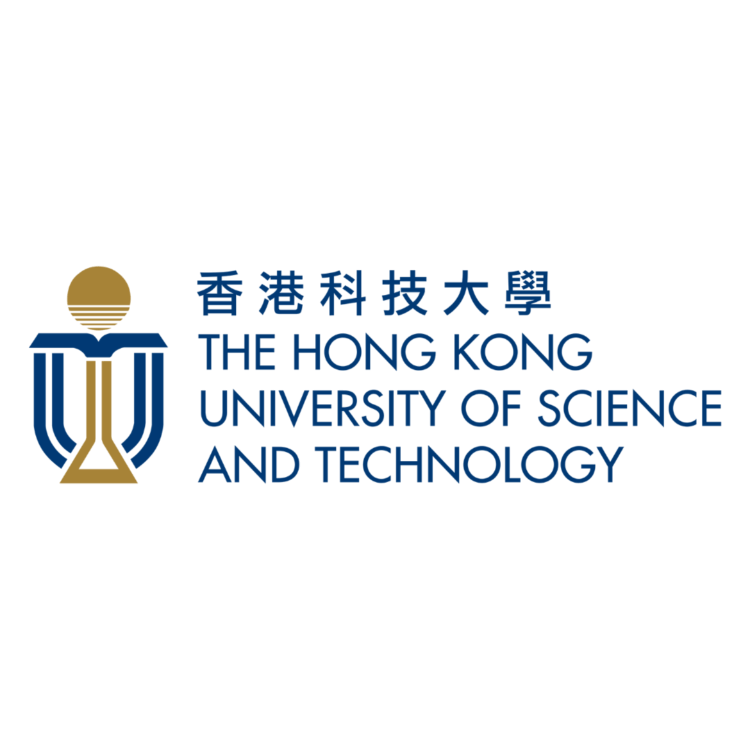 Established in 1991, The Hong Kong University of Science and Technology (HKUST) is an international research university dedicated to top-notch education and research. The University was founded with a mission to advance learning and knowledge through teaching and research, particularly in science, technology, engineering, management and business studies complemented by humanities and social sciences, and to assist Hong Kong’s socio-economic development. At HKUST, we are committed to achieving excellence in education and research and to ensuring we contribute to solving the great challenges of our time, including sustainability, energy, healthcare, and more. Our sustainability mission is for HKUST to become a global leader by transforming our campus into a net-zero carbon, zero waste, and positive impact living laboratory for experiential learning and research within a vibrant and engaged community.
Established in 1991, The Hong Kong University of Science and Technology (HKUST) is an international research university dedicated to top-notch education and research. The University was founded with a mission to advance learning and knowledge through teaching and research, particularly in science, technology, engineering, management and business studies complemented by humanities and social sciences, and to assist Hong Kong’s socio-economic development. At HKUST, we are committed to achieving excellence in education and research and to ensuring we contribute to solving the great challenges of our time, including sustainability, energy, healthcare, and more. Our sustainability mission is for HKUST to become a global leader by transforming our campus into a net-zero carbon, zero waste, and positive impact living laboratory for experiential learning and research within a vibrant and engaged community.
Website: https://sust.hkust.edu.hk/
Social Media
Instagram: HKUST Sustainability
Instagram: Sustainable Smart Campus
Facebook: HKUST Sustainability
If you would like to contact the university, please email us at [email protected] and we will be happy to connect you.
KAUST
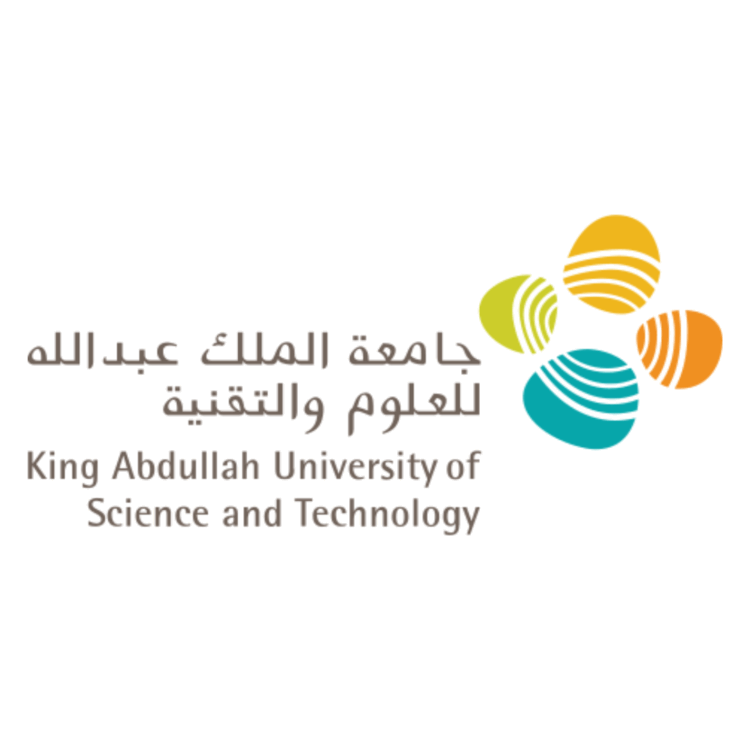 King Abdullah University of Science and Technology (KAUST) advances science and technology through distinctive and collaborative research integrated with graduate education. Located on the Red Sea coast in Saudi Arabia, KAUST conducts curiosity-driven and goal-oriented research to address global challenges related to food, water, energy, the environment, health, and the digital realm.
King Abdullah University of Science and Technology (KAUST) advances science and technology through distinctive and collaborative research integrated with graduate education. Located on the Red Sea coast in Saudi Arabia, KAUST conducts curiosity-driven and goal-oriented research to address global challenges related to food, water, energy, the environment, health, and the digital realm.
Established in 2009, KAUST is a catalyst for innovation, economic development and social prosperity in Saudi Arabia and the world. The University currently educates and trains master’s and doctoral students, supported by an academic community of faculty members, postdoctoral fellows and research scientists. With over 120 nationalities working and living at KAUST, the University brings together people and ideas from all over the world.
Website: kaust.edu.sa
If you would like to contact the university, please email us at [email protected] and we will be happy to connect you.
Indian Institute of Technology Roorkee
Indian Institute of Technology (IIT) Roorkee, established in 1847, is among the foremost of institutes of national importance in India for higher education in engineering, sciences, management and architecture & planning. The institute offers Bachelors, Masters and Doctoral Degree courses in all these three areas. It is recognised as an Institute of National Importance. Indian Institute of Technology (IIT) Roorkee has three campuses at Roorkee, Saharanpur and Greater NOIDA. Roorkee campus is much larger than the other two campuses and most of the departments, students and faculty live in the 365 acres Roorkee campus.
IIT Roorkee houses about 8000 students and 1500 staff members along with their families. It has significant greenery having about 5000 trees in all parts of the campus. IIT Roorkee has been a pioneer in utilizing solar energy from all the roofs from its campus for electricity generation, water heating and student hostels cooking. Waste water treatment, use of energy efficient material in new construction, use of zero-emission vehicles like ERickshaws and bicycles for movement within the campus for reduction of carbon emissions have been implemented to encourage a healthier and sustainable environment.
IITR has adopted 5 villages under the aegis of UBA (Unnat Bharat Abhiyan) which enhances connectivity to rural India by identifying the problems in the villages and working out solutions for sanitation & cleanliness, education, skill development, agriculture and physical, social and institutional infrastructure. Thus IITR aims at doing important work not only on environmental issues but also on social and economic matters, thereby covering the three dimensions of sustainability. The Green Campus related initiatives in IITR aim to make environmental awareness and action an intrinsic part of the campus activities.
If you would like to contact the university, please email us at [email protected] and we will be happy to connect you.
The Chinese University of Hong Kong
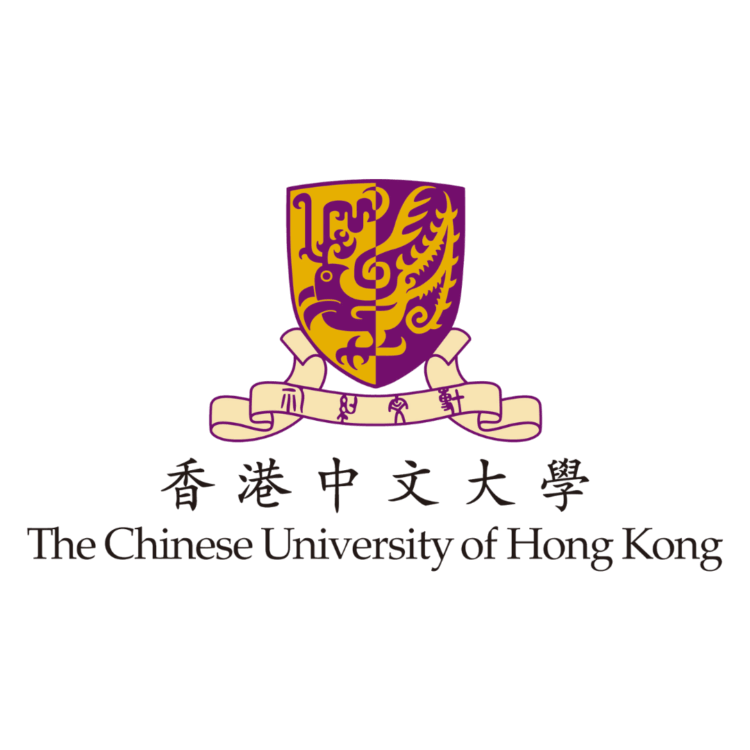 Founded in 1963, The Chinese University of Hong Kong (CUHK) is a forward-looking comprehensive research university with a global vision and a mission to combine tradition with modernity, and to bring together China and the West. The education experience here is distinguished by a college system, bilingualism and multiculturalism. CUHK’s 138-hectare campus overlooking Tolo Harbour is the largest and greenest in Hong Kong. It houses a range of facilities essential for an all-round campus experience, such as the world’s first museum of climate change.
Founded in 1963, The Chinese University of Hong Kong (CUHK) is a forward-looking comprehensive research university with a global vision and a mission to combine tradition with modernity, and to bring together China and the West. The education experience here is distinguished by a college system, bilingualism and multiculturalism. CUHK’s 138-hectare campus overlooking Tolo Harbour is the largest and greenest in Hong Kong. It houses a range of facilities essential for an all-round campus experience, such as the world’s first museum of climate change.
If you would like to contact the university, please email us at [email protected] and we will be happy to connect you.
The University of Hong Kong
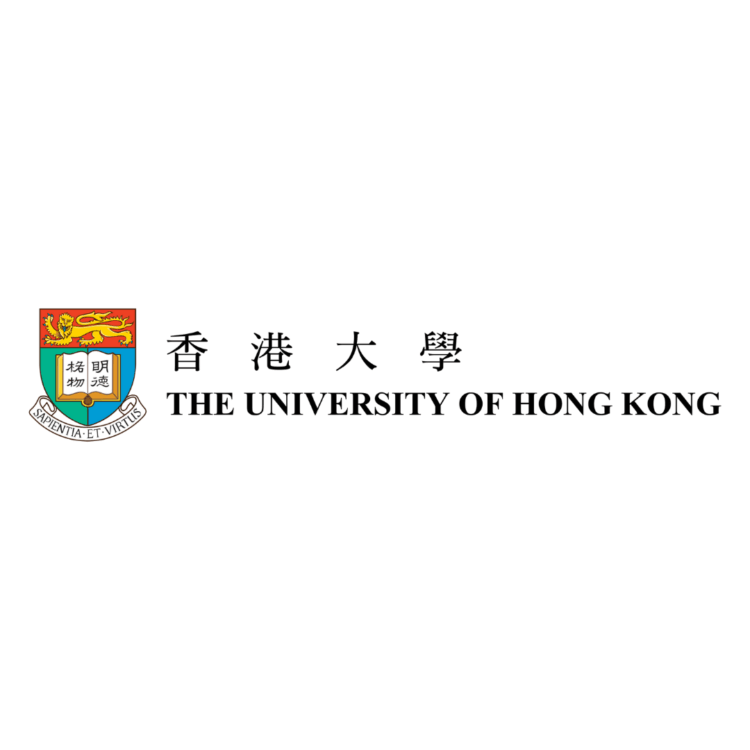 The University of Hong Kong, as a leading international institution of higher learning in Asia, strives to attract and nurture outstanding scholars from around the world through excellence and innovation in teaching and learning, research and knowledge exchange, contributing to the advancement of society and the development of leaders through a global presence, regional significance and engagement with the rest of China.
The University of Hong Kong, as a leading international institution of higher learning in Asia, strives to attract and nurture outstanding scholars from around the world through excellence and innovation in teaching and learning, research and knowledge exchange, contributing to the advancement of society and the development of leaders through a global presence, regional significance and engagement with the rest of China.
Contact email: [email protected]
Thammasat University
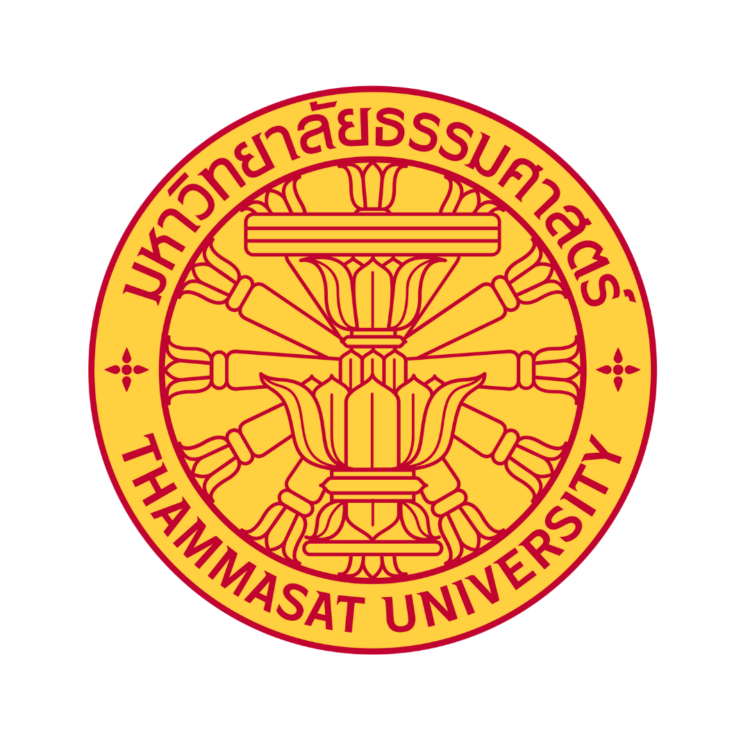 Thammasat University (TU) is Thailand’s second oldest institute of higher education. Officially established to be the national university of Thailand on 27 June 1934, the university was originally named by founder Pridi Banomyong, The University of Moral and Political Sciences; RTGS: Mahawitthayalai Wicha Thammasat Lae Kan Mueang), reflecting the political fervor of Thailand. It started as an open university, with 7,094 students enrolled in its first academic year studying law and politics.The guiding philosophy of the university was “to teach students to love and cherish democracy”. The university’s name was shortened to its present by the Revolutionary Council. Nevertheless, Thammasat University has always been involved in Thai national politics, counting most Thai political leaders among its graduates.
Thammasat University (TU) is Thailand’s second oldest institute of higher education. Officially established to be the national university of Thailand on 27 June 1934, the university was originally named by founder Pridi Banomyong, The University of Moral and Political Sciences; RTGS: Mahawitthayalai Wicha Thammasat Lae Kan Mueang), reflecting the political fervor of Thailand. It started as an open university, with 7,094 students enrolled in its first academic year studying law and politics.The guiding philosophy of the university was “to teach students to love and cherish democracy”. The university’s name was shortened to its present by the Revolutionary Council. Nevertheless, Thammasat University has always been involved in Thai national politics, counting most Thai political leaders among its graduates.
Osaka University
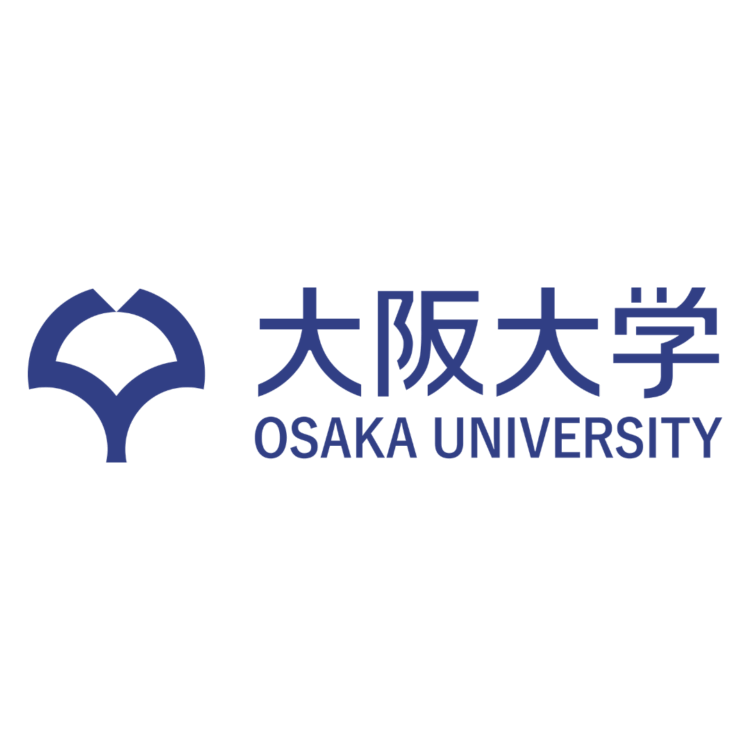 Osaka University (大阪大学 Ōsaka daigaku?), or Handai (阪大 Handai?), is a national university located in Osaka, Japan. It is the sixth oldest university in Japan as the Osaka Prefectural Medical College, and one of Japan’s National Seven Universities. Numerous prominent scientists have worked at Osaka University such as the Nobel Laureate in Physics Hideki Yukawa.
Osaka University (大阪大学 Ōsaka daigaku?), or Handai (阪大 Handai?), is a national university located in Osaka, Japan. It is the sixth oldest university in Japan as the Osaka Prefectural Medical College, and one of Japan’s National Seven Universities. Numerous prominent scientists have worked at Osaka University such as the Nobel Laureate in Physics Hideki Yukawa.
Academic traditions of the university reach back to Kaitokudō (懐徳堂?), an Edo-period school for local citizens founded in 1724, and Tekijuku (適塾?), a school of Rangaku for samurai founded by Ogata Kōan in 1838. The spirit of the university’s humanity sciences is believed to be intimately rooted in Kaitokudo, whereas that of the natural and applied sciences, including medicine, is widely believed to be based on Tekijuku.
Osaka University traces its origin back to 1869 when Osaka Prefectural Medical School was founded in downtown Osaka. The school was later transformed into the Osaka Prefectural Medical College with university status by the University Ordinance (Imperial Ordinance No. 388 of 1918) in 1919. The college merged with the newly founded College of Science to form Osaka Imperial University(大阪帝國大学) in 1931. Osaka Imperial University was inaugurated as the sixth imperial university in Japan. As part of the University, Osaka Technical College was later included to form the school of Engineering two years later. The university was eventually renamed Osaka University in 1947.
If you would like to contact the university, please email us at [email protected] and we will be happy to connect you.
Nanyang Technological University, Singapore
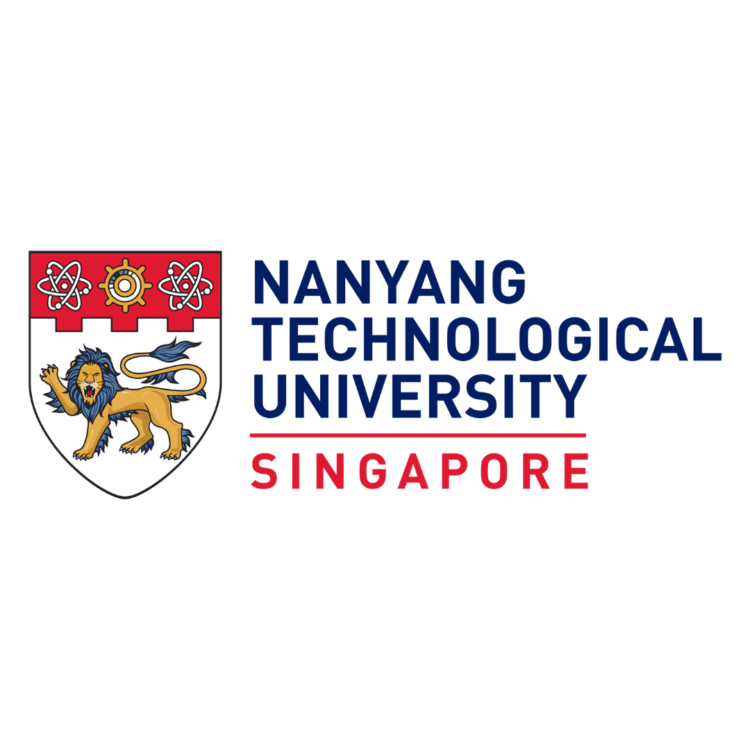 A research-intensive public university, Nanyang Technological University, Singapore (NTU Singapore) has 33,000 undergraduate and postgraduate students in the Engineering, Business, Science, Medicine, Humanities, Arts, & Social Sciences, and Graduate colleges.
A research-intensive public university, Nanyang Technological University, Singapore (NTU Singapore) has 33,000 undergraduate and postgraduate students in the Engineering, Business, Science, Medicine, Humanities, Arts, & Social Sciences, and Graduate colleges.
NTU is also home to world-renowned autonomous institutes – the National Institute of Education, S Rajaratnam School of International Studies and Singapore Centre for Environmental Life Sciences Engineering – and various leading research centres such as the Earth Observatory of Singapore (EOS), Nanyang Environment & Water Research Institute (NEWRI) and Energy Research Institute @ NTU (ERI@N).
Under the NTU Smart Campus vision, the University harnesses the power of digital technology and tech-enabled solutions to support better learning and living experiences, the discovery of new knowledge, and the sustainability of resources.
Ranked amongst the world’s top universities, the University’s main campus is also frequently listed among the world’s most beautiful. Known for its sustainability, NTU has achieved 100% Green Mark Platinum certification for all its eligible building projects. Apart from its main campus, NTU also has a medical campus in Novena, Singapore’s healthcare district.
Besides its 200-ha (500-acre) lush green campus in the western part of Singapore, NTU also has a second campus in the heart of Novena, Singapore’s medical district.
A cosmopolitan hub of more than 100 nationalities, the NTU community comprises about 5,000 faculty and researchers.
If you would like to contact the university, please email us at [email protected] and we will be happy to connect you.
National University of Singapore
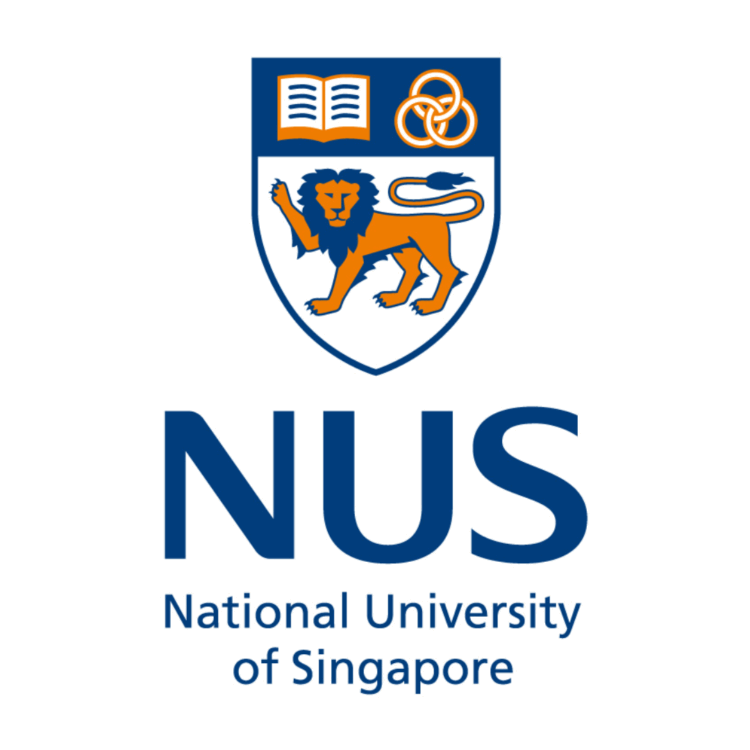 The National University of Singapore (NUS) is Singapore’s flagship university, which offers a global approach to education, research and enterprise, with a focus on Asian perspectives and expertise. We aspire to be a vital community of academics, researchers, staff, students and alumni working together in a spirit of innovation and enterprise for a better world.
The National University of Singapore (NUS) is Singapore’s flagship university, which offers a global approach to education, research and enterprise, with a focus on Asian perspectives and expertise. We aspire to be a vital community of academics, researchers, staff, students and alumni working together in a spirit of innovation and enterprise for a better world.
We are committed to advancing sustainable development and contributing to the global fight against climate change. To this end, NUS will channel our efforts and resources to deliver quality education to our students to help them navigate an increasingly complex world; deepen our research capabilities and forge collaborations to generate sustainable solutions; use our campus grounds as a living laboratory to test-bed institution-led technologies and create innovative learning experiences for our students. We endeavor to be responsible stewards of the physical environment, and using our campus grounds to promote environmental awareness and action.
Website: https://sustainability.nus.edu.sg/
If you would like to contact the university, please email us at [email protected] and we will be happy to connect you.
